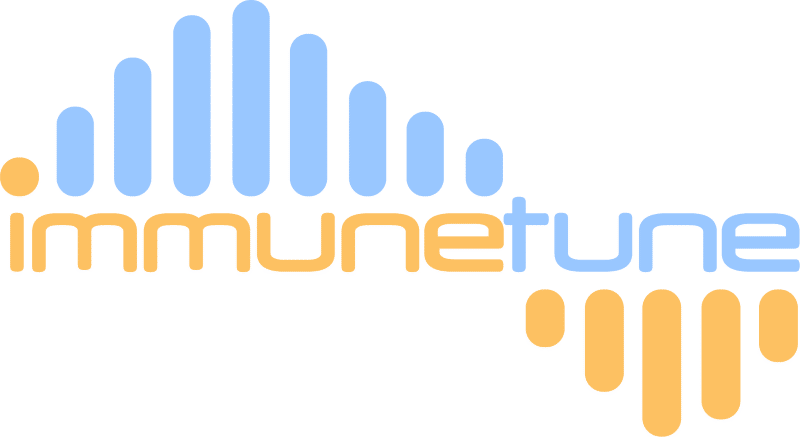SARS-CoV-2 is the third zoonotic coronavirus to cause a major outbreak in humans in recent years, and many more SARS-like coronaviruses with pandemic potential are circulating in several animal species. Vaccines inducing T cell immunity against broadly conserved viral antigens may protect against hospitalization and death caused by outbreaks of such viruses. We report the design and preclinical testing of 2 T cell-based pan-sarbecovirus vaccines, based on conserved regions within viral proteins of sarbecovirus isolates of human and other carrier animals, like bats and pangolins. One vaccine (CoVAX_ORF1ab) encoded antigens derived from nonstructural proteins, and the other (CoVAX_MNS) encoded antigens from structural proteins. Both multiantigen DNA vaccines contained a large set of antigens shared across sarbecoviruses and were rich in predicted and experimentally validated human T cell epitopes. In mice, the multiantigen vaccines generated both CD8+ and CD4+ T cell responses to shared epitopes. Upon encounter of full-length spike antigen, CoVAX_MNS-induced CD4+ T cells were responsible for accelerated CD8+ T cell and IgG Ab responses specific to the incoming spike, irrespective of its sarbecovirus origin. Finally, both vaccines elicited partial protection against a lethal SARS-CoV-2 challenge in human angiotensin-converting enzyme 2-transgenic mice. These results support clinical testing of these universal sarbecovirus vaccines for pandemic preparedness.






